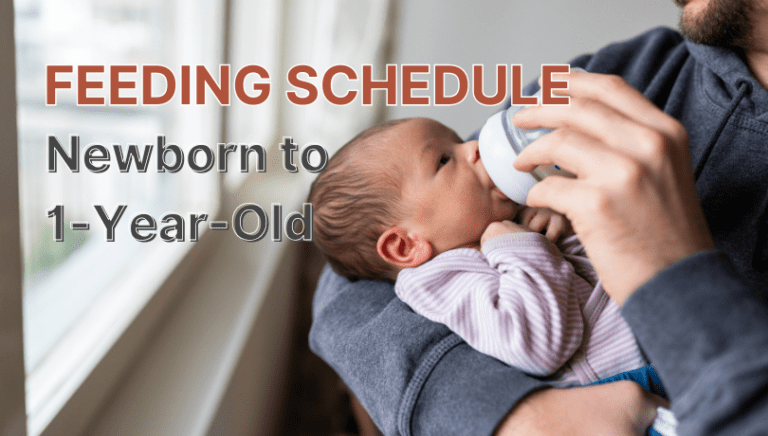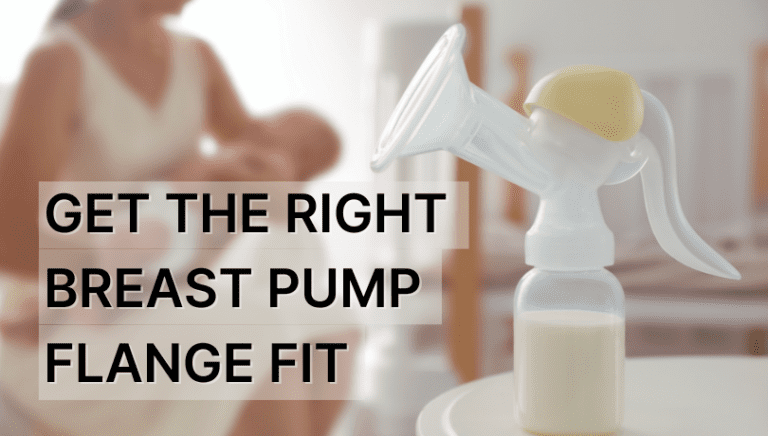Fueling Growth: Ways to Increase Calories in Breast Milk
Breast milk is a nutritious feast for newborns and infants.
No technology can fully recreate the level of nutrition that breast milk provides for your baby, which is why breastfeeding is important. You may even wonder about the calories in breast milk and what nutrients it provides.
So, here is your guide to understanding the nutritional value of breast milk from the macro to micronutrients, its calorie content, and why high-calorie breast milk is crucial for your growing baby.
TL;DR
- Breastfeeding is crucial for the baby’s development.
- The composition of breast milk adjusts to meet your baby’s dietary needs.
- Breastmilk macronutrients consist of fats, proteins, and carbs.
- The milk produced during mature lactation provides a higher caloric count of 65–70 per 100 ml.
- The caloric needs of a baby depend upon various factors including weight and can range from 400 to 900 calories per day. Use our easy calculator.
- Calorically dense milk is important for growth and immunity.
- The best things you can do to increase caloric density are: to breastfeed often, empty the breast, and eat a varied diet. Read breastfeeding and pumping to know more.
- Regular, consistent breastfeeding is the very best for overall baby health.
Table of Contents
Different Stages of Breast Milk Production
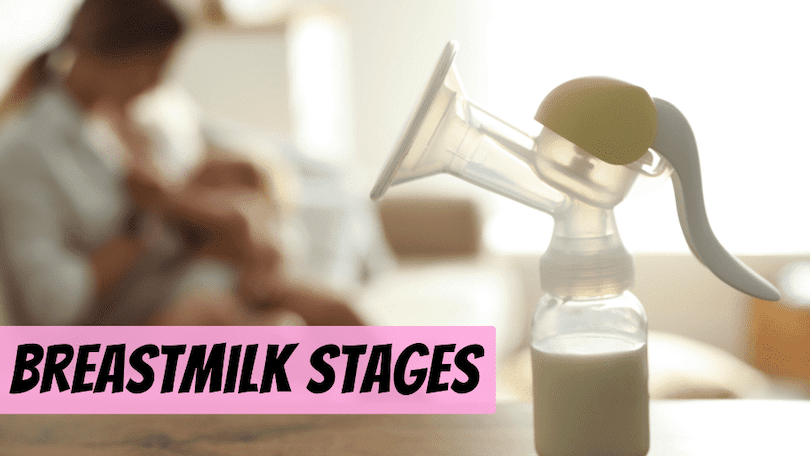
Did you know? You produce different types of breast milk throughout your journey into early motherhood. And its nutritional content changes from the moment of childbirth to the first feed and regular nursing!
It happens because a mother’s body readily adapts to a baby’s changing dietary needs, helping you nurse a healthy, happy baby throughout.
Broadly, breast milk is of three types:
During pregnancy and just after your baby’s birth, you will produce colostrum: a thick, yellowish, and creamy breast milk packed with
- proteins,
- fat-soluble vitamins,
- minerals,
- white blood cells,
- antibodies, and
- bioactive compounds (hormones, enzymes, and more)
Colostrum provides a foundational immune system for your baby, combating infections and diseases. It also helps develop your baby’s digestive system, supporting healthy elimination.
Colostrum is usually replaced by transitional milk a few days after you give birth.
After colostrum and for the next few weeks, your milk will grow in quantity and slowly show into a fuller breast. This type of transitional milk is whiter than colostrum and contains
- larger quantities of fat,
- lactose,
- water-soluble vitamins,
- antibodies, and
- bioactive compounds
The higher fat content in transitional milk results in higher calories, while lactose is a natural sugar. Both provide energy, which is essential for your fast-growing newborn.
And in the next few weeks, your transitional milk transforms into mature milk.
Once your baby turns about four weeks, mature breast milk settles in. It is the final stage of your breast milk. It contains
- about 90% water,
- carbohydrates (lactose and similar sugars),
- proteins,
- fats,
- vitamins,
- minerals, and
- bioactive compounds
The water is essential for your baby to stay hydrated, while the other nutrients ensure your lovable newborn has all the food they need.
A Note on Fore Milk and Hind Milk
As your milk matures, and you start a feed for your baby, you will observe that the initial milk is more watery and gets creamier towards the end of your feed.
- The watery portion of this mature milk is called fore milk, and the creamier portion is called hind milk.
- And remember, this creamier hind milk is high in fat, which is necessary for your baby to put on that much-needed weight.
Diving In: Macronutrients and Micronutrients in Breast Milk
Now, let’s talk more science!
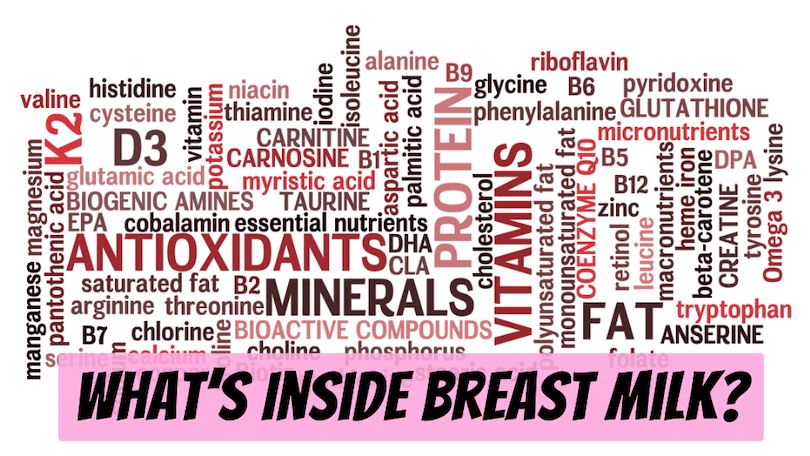
All nutrients in food have macronutrients and micronutrients.
- Macronutrients are needed in large quantities to provide energy for the body. They are also a calorie source. These include carbohydrates, fats, and proteins.
- Micronutrients are responsible for specific metabolic processes in the body, typically required in smaller quantities. These include vitamins and minerals.
As adults, we get these nutrients from the food we eat. But infants enjoy these nutrients through breast milk, their primary source!
Remember, almost 90% of your breast milk contains water to well-hydrate your baby. The rest is a unique composition of macro and micronutrients crucial for your baby’s well-being.
Calories in Breast Milk
Calories represent the energy released by the body when it digests and absorbs food.
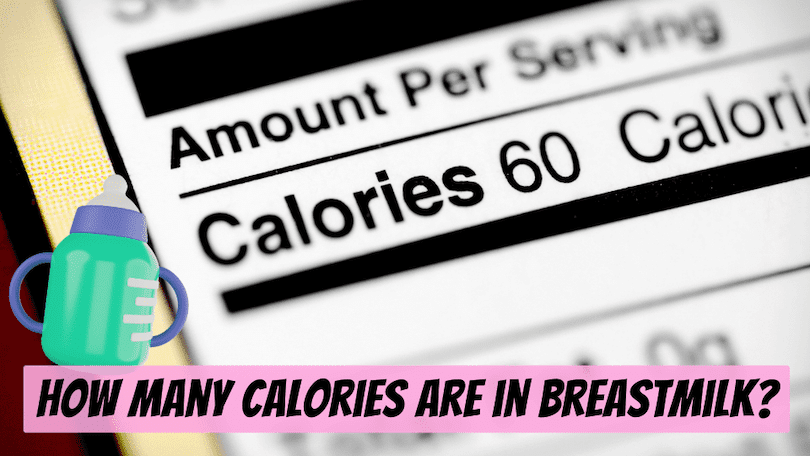
How Many Calories are in Breast Milk?
100 ml of mature breast milk can provide 65–70 calories! On the other hand, 100 ml of colostrum supplies 50–60 calories.
- Most of the calories come from the fat in breast milk, while carbohydrates are also a major contributing factor.
- Also, studies indicate that mothers who exclusively breastfeed offer more calories for their babies than when they mix feed.
How Many Calories Do Babies Need in a Day?
We all need calories for everyday body functions. But this is all the more true for infants growing and developing their fundamental biological systems.
Our table below will help you understand the recommended calorie requirements for your baby.
| Age Group | Energy Requirements (kcal/kg/day) | Example (Average Weight) | Daily Caloric Requirement for Average Weight Baby |
|---|---|---|---|
| Newborns – 2 months of age | 100-120 kcal/kg | 3.5 kg (average weight) | 350-420 kcal |
| Infants 3 months of age | 95 kcal/kg | 5 kg (average weight) | 475 kcal |
| Infants/toddlers 4 months – 35 months | 82 kcal/kg | 10 kg (average weight) | 820 kcal |
Alternatively, to make it super simple for you, please use the calculator below to get the daily caloric requirements of your baby.
[baby_calorie_requirement_calculator_daily]
Why is Calorie-Rich Breast Milk Important for Your Baby?
Breast milk is the standard for baby nutrition. That’s a given.
- Breast milk is the best way to transfer essential nutrition to your baby, helping them develop their gastrointestinal system and build better immunity against common infections and diseases.
- Breast milk is also crucial to developing the nervous system, eyes, and the brain.
- Breast milk is also known to build dental health and strengthen the muscles responsible for chewing.
What about Your Baby’s Height and Weight?
That’s where the benefits of calorie-rich breast milk kick in.
- Your baby needs the calories from breast milk because it gets used to produce energy. These calories also help your newborn gain weight and establish digestive functions.
- Calorie-rich/fatty breast milk is also a significant factor in improving your baby’s height, building immunity, and supporting the development of all biological systems.
Since breast milk is the one food that infants can digest easily due to their developing intestinal system, it is to you and your baby’s benefit to ensure that you provide quality, calorie-rich breast milk.
How to Increase the Calories in Breast Milk?
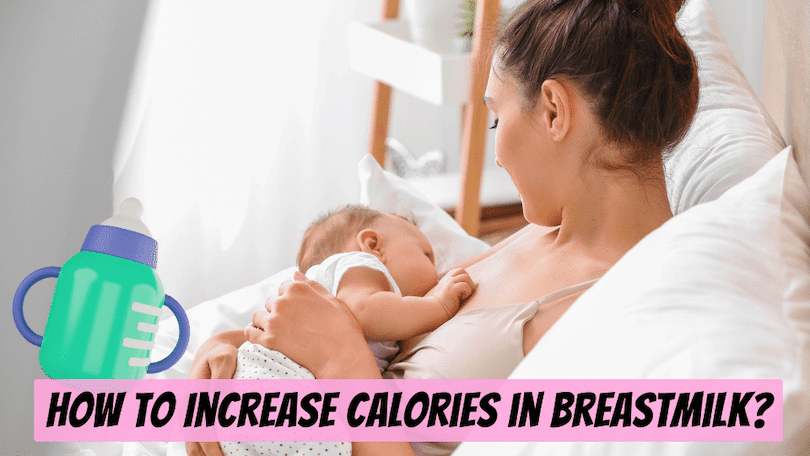
Fattier breast milk has higher calories. We know that now! So, the trick to achieving high-calorie breast milk is to make it fattier. Also, it helps to check with your doctor if you need to produce high-fat breast milk.
Here is a simple way to check if your breast milk contains more fat:
- If you feel that your breasts are pretty full, it is an indicator that there is lower fat content. And if your breasts feel emptier, it indicates that there is a higher fat content.
So, creamier milk will contain more calories! Now, let’s look at the factors affecting calorie content in mature breast milk and how you can produce high-calorie breast milk.
1. Breastfeeding Frequency
Breastfeeding frequency talks about the number of times you breastfeed your baby on any given day.
- And knowledge indicates that the more you breastfeed, the higher the calories in breast milk.
- So, increasing the number of times you breastfeed ensures your newborn gets the fattiest hind milk, rich in calories.
2. Empty Breast
An empty breast signals fatty milk and high milk production. So, it has higher calories.
- Use breast pumps when you have a full breast and store the low-fat milk. It ensures that you have an empty breast while breastfeeding.
- It is also beneficial to completely drain out the breast milk after breastfeeding. Frequent draining can promote fast milk production, giving you fattier milk.
Recommended Reading: Can You Reheat Breast Milk?
3. Maternal Diet
Early motherhood requires that you take care of yourself to take care of your baby.
- Maintain a healthy diet and increase the amount of healthy fats and proteins based on your doctor’s guidance.
- You can also supplement essential vitamins and minerals after consulting your doctor.
Can Calorie Content in Breast Milk Vary?
Yes, it varies!
- As you go through different stages of lactation and nursing, the calorie content in your breast milk will sometimes drop or rise. And that is normal!
- It even varies from mother to mother, depending on the infant’s needs. All babies are different, you know!
Breast pumps helped me a lot at this stage. I prefer using a manual breast pump myself, but you have more options in the market today.
Another post you may be interested in – Can I Go 8 Hours Without Pumping at Night?
Also, you do not need to worry too much about the calories in your breast milk.
- The calorie-increasing techniques help, specifically if you have low milk production. Please consult your physician beforehand to determine if you need to boost your milk production.
The one thing to remember throughout it all is that regular breastfeeding is the simple way to ensure your baby gets everything: the calories, the macronutrients, the micronutrients, the enzymes, and more!
Concluding: Guaranteed Nutrition with Breast Milk
Breastfeeding is indeed nutrition at its finest for your baby. It helps your baby grow, develop neural and gastrointestinal functions, and build immunity to fight infections.
Breastfeeding also creates a lasting bond between the mother and the baby. Skin-to-skin contact is life-changing! Mothers even experience warm and fuzzy feelings when feeding their babies.
So, don’t skip the breastfeeding! Talk to your healthcare professionals about a nutrition calendar for your baby’s well-being.

